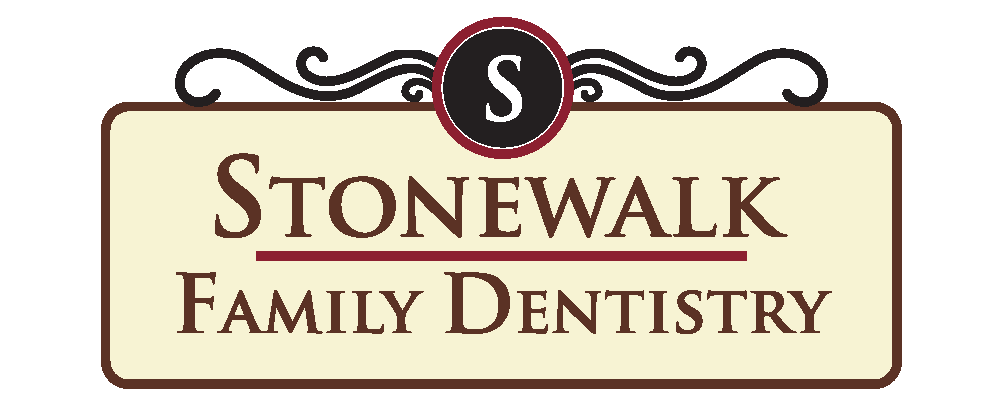How to Care for Your Baby's Teeth

Knowing when and how to care for baby teeth is a common concern for those with newborns, infants, and babies. One of the most effective steps in caring for your child is understanding the important role that pediatric dentistry and at-home oral care play in their overall health.
Properly Caring for Baby Teeth
Baby teeth do not typically emerge until your child has grown to about six months old. Although brushing and flossing are not necessary at this age, you can clean your infant’s gums and emerging teeth using a damp cloth or gauze pad. Clean your infant’s gums after meals and before bedtime. This will help prevent sugars and bacteria from settling and causing decay as your child’s teeth erupt. It can also help get your baby used to the teeth brushing process.
The Correct Technique for Brushing Baby Teeth
Begin brushing your baby’s teeth when they first erupt. Start by applying a very small smear of fluoride toothpaste to your child’s toothbrush. Children’s toothpaste contains lower levels of fluoride. This is preferable for children under the age of six, who often swallow toothpaste rather than spit it out. Be sure to gently clean their gums and to brush the entire surface of their teeth, beginning with inside surfaces and then moving outward. Increase to a pea-sized amount of toothpaste once they grow beyond the toddler stage, and are able to brush their teeth without assistance.
Dentistry Tips for Infant and Toddler Tooth Care
Your child should start receiving professional dental care when their first tooth erupts, or when they reach their first birthday – whichever occurs first. Below is a list of helpful pediatric dental tips that will assist you in knowing how to care for your baby’s teeth as your child continues to grow and reach dental milestones:
- Opt for teething rings in order to help your baby get through the discomfort of erupting teeth.
- Using a clean finger to rub your baby’s gums may also help relieve teething pain.
- Search for an infant toothbrush with soft bristles in order to make cleaning your baby’s teeth as gentle as possible.
- If you notice any discoloration when cleaning your child’s teeth, seek the help of an experienced pediatric dentistry professional who can diagnose and treat dental decay.
- By age two, your child should no longer suck pacifiers. Prolonged use of pacifiers can affect the alignment of your child’s teeth.
Understanding how to take care of baby teeth plays a major role in your child’s continual growth, oral health, and overall wellbeing. If you’re in search of a trusted pediatric dentistry practice with skilled professionals dedicated to maintaining your child’s oral care, call us today at (770) 777-1911, or complete this short form to schedule an appointment.
More articles

2022
Bad Breath: Rumors, Truths & Misnomers
From the foods we eat, to the medicines we take, what we ingest from day-to-day has the potential to greatly affect our bodies – particularly our breath. When it comes to halitosis, the scientific name for bad breath, there are a number of bad breath causes that you may have never considered. In addition to proven causes and cures, bad breath rumors often circulate, making it difficult to determine fact from fiction when sifting through the helpful pieces of oral hygiene advice.

2022
Plaque Removal / Tartar Prevention Between Visits
Here’s a dentist joke for you: what is gross, sticky, and really bad for your teeth and gums? It’s plaque, which turns into tartar and can lead to all kinds of oral health problems. And, in reality, fighting back against plaque and tartar on your teeth is no joke! Plaque is one of the primary causes of tooth decay and gum disease, but not many people really know what it is or how to prevent it. So, here’s what you need to know about plaque and tartar — what it is, how to prevent it, and how to get rid of it between dental visits.

2022
How to Choose the Best Mouthwash for You!
Whether you are new to the different types of mouthwashes, you’re realizing the one you are using isn’t working out, or you just want to find something different, choosing the right type of mouthwash for you can be a daunting task. The oral health aisle at any store typically has a floor-to-ceiling selection of mouthwash options, all making different claims with different ingredients. To make your choice a little easier, here is our helpful guide for choosing a mouthwash that’s right for you.
